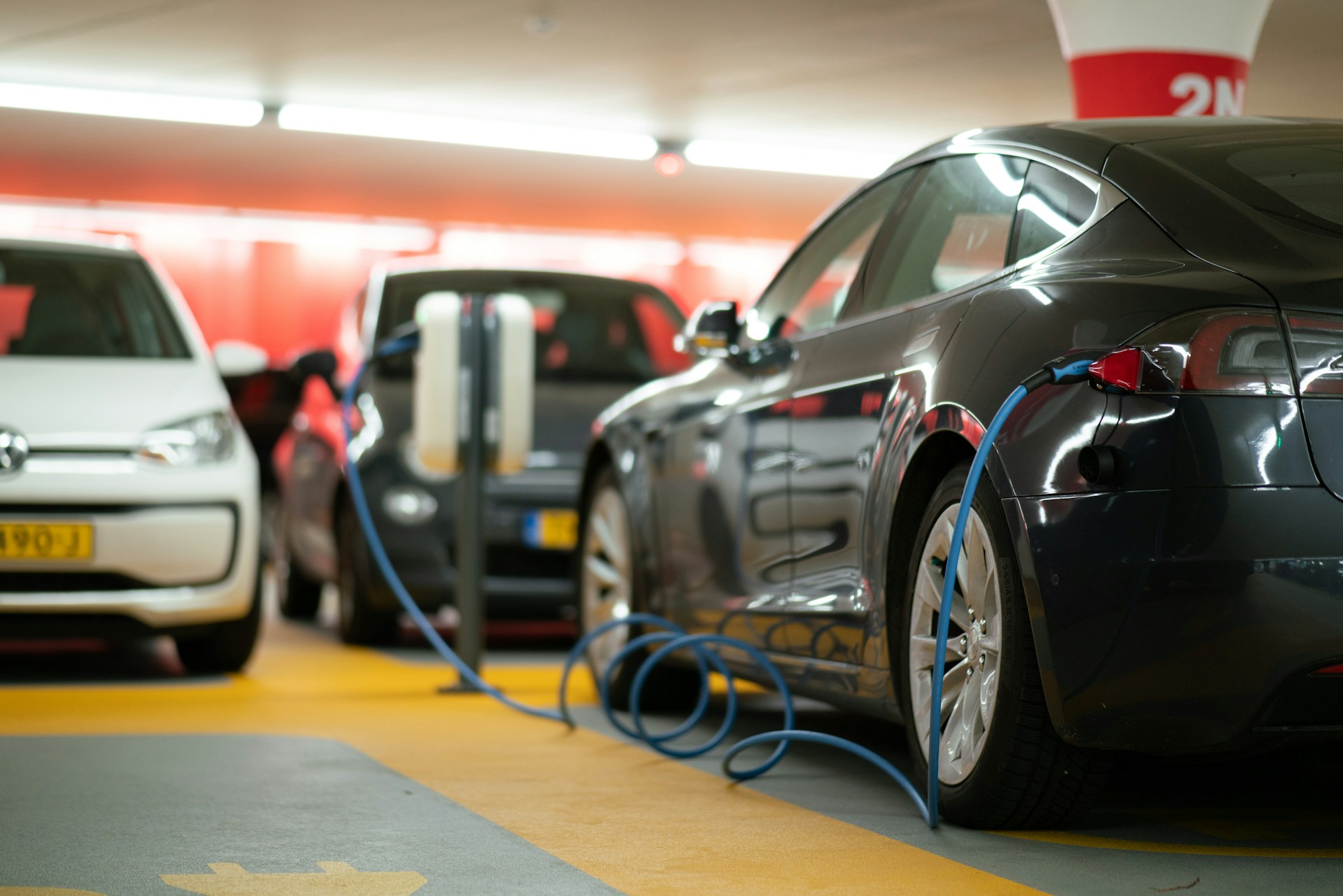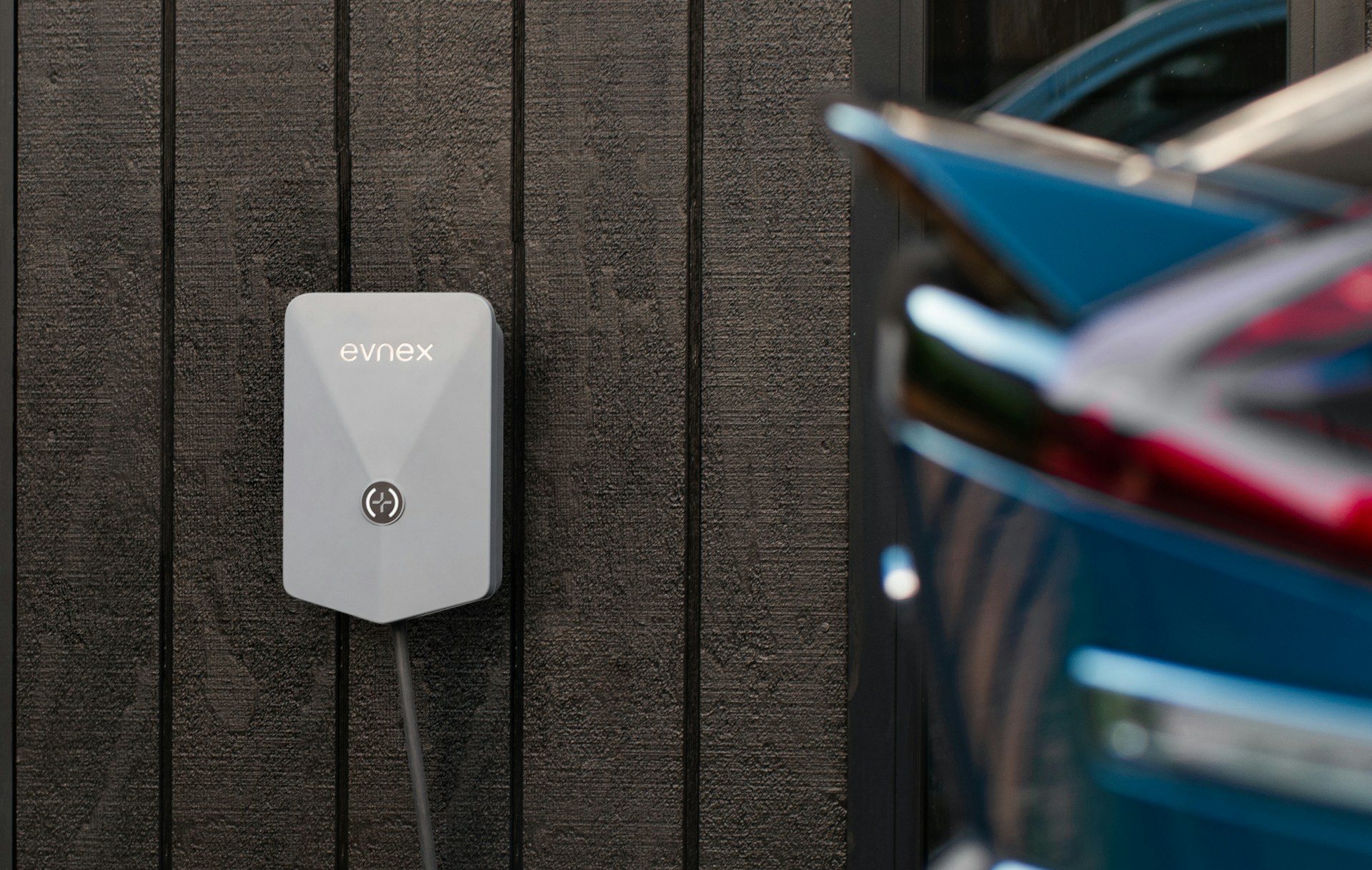As Electric Vehicles (EVs) become more common on New Zealand roads, Kiwis want to learn more and more about EVs. If you’re wondering how to choose the right EV charger, you’re in the right place. Here, we guide you through the key factors to consider so you can make a smart choice when picking your EV charger.
Home vs. Business Chargers
First, what’s the difference between home and business charging:
- When it comes to Home Charging, most people want something easy and can charge overnight. Make sure to pick a charger that fits your daily routine and electrical setup.
- When it comes to Business Charging, companies usually want faster charging for employees or customers. Think about how many charging units you need, balancing the load, and making sure the public can access them easily.
Level 1 Chargers vs. Level 2 Chargers vs. DC Fast Chargers
The main way EV chargers are categorised is by charge speed. Here’s a breakdown of the main options in New Zealand:
- Level 1 Charger: This option is a good starting point, using a standard 3-pin plug and your regular household circuit. It charges slowly, adding about 5 kilometres of range for ever hour of charging.
- Level 2 Charger: This is a great choice for most homes and some businesses. It requires a dedicated circuit with higher amperage, with charging speeds of 30-40 kilometres of range per hour of charging. This allows for a full charge overnight for most EVs currently in New Zealand.
- DC Fast Charger: These are the powerful options available at public charging stations. They deliver direct current (DC) straight to the battery, offering much faster charging times (up to 100 kilometres in just 30 minutes). This option is expensive and uses high power consumption – usually not the best fit for home or most business setups.
Important Note: Have your local electrician check your electrical system’s capacity before installing an EV charger, especially for Level 2 models. The electrician will make sure your wiring can handle the load and suggest any needed upgrades.
Considerations When Choosing an EV Charger
Now, let’s delve into the key factors to consider when making your choice:
- Charging Speed: How fast do you want your EV to charge? For everyday drives, a Level 2 charger at home should do the job. Businesses with many visitors might want to think about having a mix of Level 2 and DC Fast chargers if it’s possible.
- Compatibility: Make sure the charger you pick is compatible with your EV model. It should match its charging port, like CCS Combo or CHAdeMO. Most of the newer EVs in New Zealand use CCS Combo.
- Budget: Level 1 chargers are the most budget-friendly, followed by Level 2. DC Fast chargers are the priciest option.
- Smart Features: Think about smart chargers that offer useful features like setting charging times during quieter hours. These features could help lower your electricity bills. Some even let you monitor and control them remotely through smartphone apps.
- Weatherproofing: If you’re installing a charger outdoors, go for one with a good IP (Ingress Protection) rating. This will make sure it’s resistant to dust and water.
- Warranty and After Sales Support: Look for chargers with a solid warranty. And try to find ones with dependable after-sales support. It’ll give you peace of mind.
Other Considerations for Businesses:
- Number of Charging Units: Think about how many employee or customer EVs might need to charge simultaneously.
- Load Balancing: Make sure your electrical system can manage the total load without causing any circuit issues. A qualified electrician can assist you with this.
- Public Access: With public charging, take into account the regulations and different ways you could generate revenue.
Resources and Government Incentives in New Zealand
Here are 7 helpful resources on New Zealand electric vehicle chargers:
- ChargeNet: Offers a nationwide network of charging stations. It also has a mobile app for finding stations and a knowledge base on charging.
- Better NZ Trust – EV Encyclopedia: Offers an extensive guide on all things EV in New Zealand.
- The Ministry of Transport – Drive Electric: Provides info on EV benefits, subsidies, and charging infrastructure. It also has a map of public EV charging stations.
- Energy Efficiency and Conservation Authority (EECA): Offers resources on EV charging, including a guide to installing smart chargers.
- Power Trip App: Helps with planning EV road trips in New Zealand. It considers factors like EV type, terrain, and charging station locations. It uses this information to recommend efficient routes with charging stops.
- AA Motoring – Electric Vehicles: Offers information on EV ownership, charging options, public charging networks, and government incentives.
- Consumer NZ: Offers consumer info on EV ownership. It covers buying, charging, and running costs.


